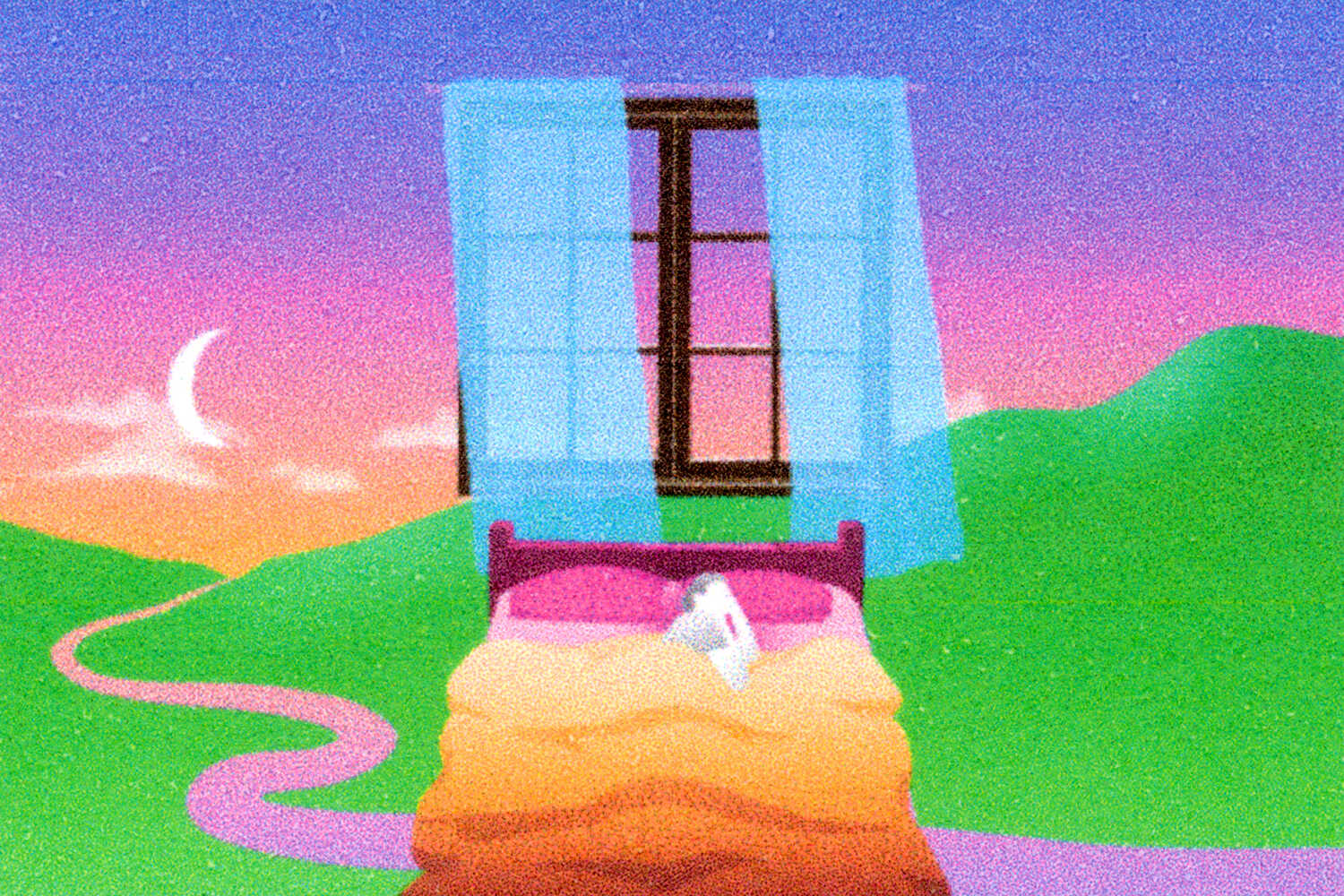And how to actually get better rest, according to experts.
There’s no question that sleep is important for your health. Without enough of it, your risk of developing diseases such as dementia, high blood pressure and Type 2 diabetes can increase, and you’re more likely to feel irritable and anxious.
In pursuit of a perfect night’s rest, some people have tried drinking “sleepy girl mocktails” or invested in elaborate nighttime routines. But many of these solutions aren’t backed by research, and they won’t address underlying sleep hygiene issues.
“There’s a lot of opportunity to move the needle” on common misunderstandings about sleep, said Rebecca Robbins, an assistant professor in the sleep medicine division at Harvard Medical School and lead author of a 2019 study on sleep-related misconceptions.
The New York Times asked 11 sleep experts to set the record straight on some of the myths they hear most often.
You can’t train your body to need less sleep.
If you’ve experienced long-term sleep deprivation, you might have felt as if your body eventually adjusted.
You can find ways to cope with less sleep, like drinking caffeine or skipping late-night activities, said Dr. Ian Katznelson, a neurologist at Northwestern Medicine Lake Forest Hospital. But that doesn’t mean you’ll actually sidestep the negative effects of little rest, which can include worsened memory, mood swings and diminished creativity.
